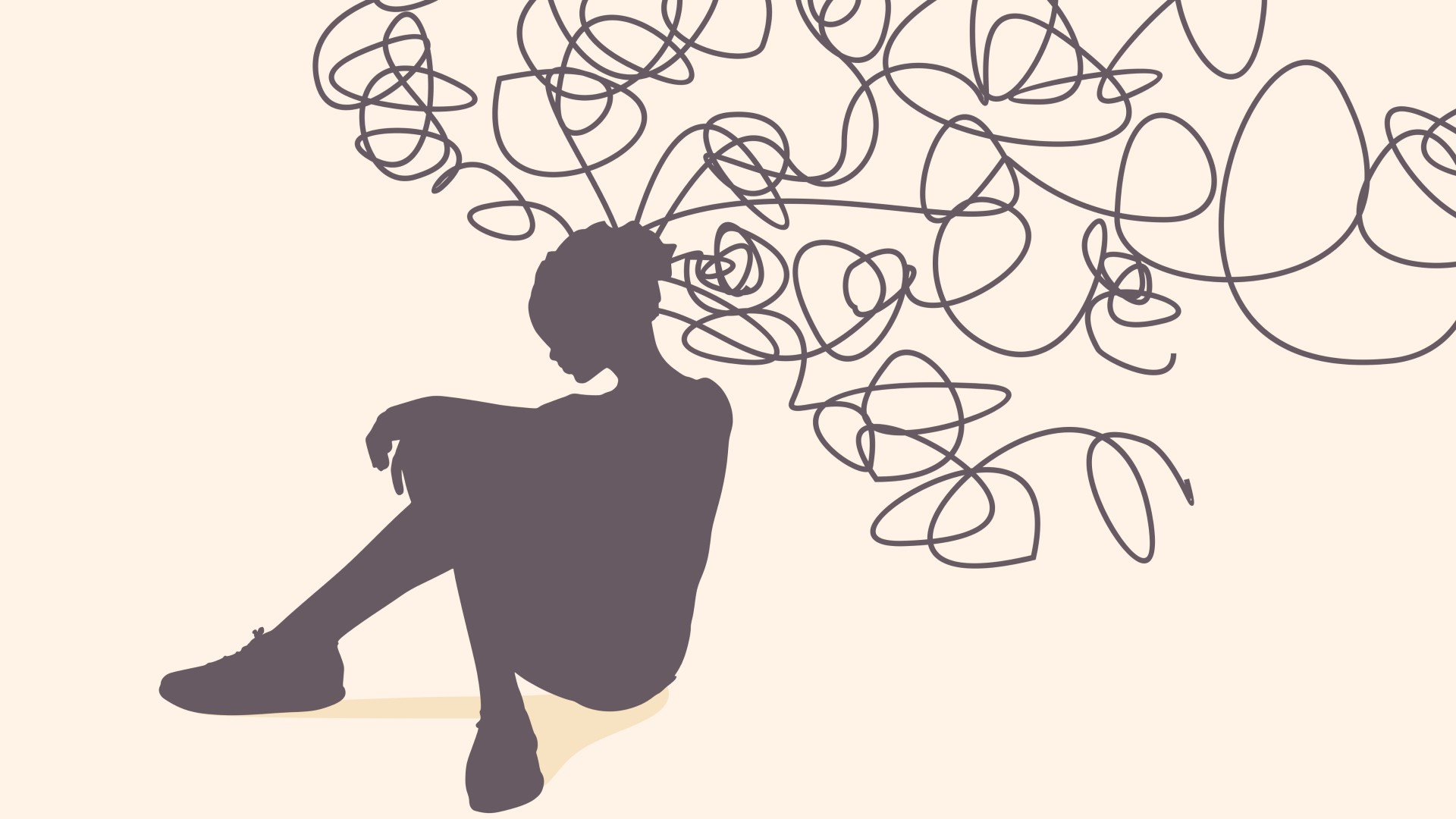Postpartum psychosis, a rare but deadly perinatal condition
Sometimes the stressors of childbirth and a newborn can push a mom's mental health struggles to the extreme


A free daily email with the biggest news stories of the day – and the best features from TheWeek.com
You are now subscribed
Your newsletter sign-up was successful
The stress and sleepless nights that expectant and new mothers are faced with sometimes push their mental health way past the typical mood swings of the so-called baby blues. Some are faced with a more lethal and rare diagnosis: postpartum psychosis.
What is postpartum psychosis?
Childbirth can bring major emotional, physical, and social stressors into a woman's life, especially in the period just after when women are more susceptible to mental health problems. Postpartum depression, one of the more severe perinatal psychiatric conditions, affects about one in eight new mothers. By comparison, postpartum psychosis is "considerably rarer," said The New York Times. It's known to affect between one and two women per 1,000 births worldwide, though the number may be higher.
The condition has a rapid onset, with symptoms often appearing within two weeks of childbirth, though they can appear hours or weeks after. Those symptoms can include "hallucinations, delusions, paranoia, rapid changes in mood, confusion, and behavior changes," Psychology Today said. Postpartum psychosis can affect expecting or new mothers up to one year after they give birth, and the effects of the condition can vary. Some mothers might be "high-energy, talking faster than usual or staying awake for days," while others feel "depressed and disconnected from their baby," said the Times. In more extreme cases, women might have thoughts of harming themselves or the baby. They may experience command hallucinations, where they hear voices that instruct them to do dangerous things. The delusions "take over their mind and their body," Dr. Margaret Spinelli, a clinical professor of psychiatry at Columbia University who evaluated women on trial for killing their children while experiencing postpartum psychosis, said to the Times. "They are like puppets."
Postpartum psychosis is believed to be triggered by a combination of factors. The hormonal changes the body goes through during pregnancy and childbirth are thought to play a role in developing the condition. Environmental factors accompanying caring for a newborn, like sleep deprivation, also play their part. Research suggests that some genetic factors can increase the risk. Women with a personal or family history of bipolar disorder are at a higher risk of developing postpartum psychosis, according to one study. However, that does not mean that women with no prior psychiatric disorders are in the clear. It is essential to keep an eye on the behavior of new mothers, especially in the time right after they give birth.
The Week
Escape your echo chamber. Get the facts behind the news, plus analysis from multiple perspectives.

Sign up for The Week's Free Newsletters
From our morning news briefing to a weekly Good News Newsletter, get the best of The Week delivered directly to your inbox.
From our morning news briefing to a weekly Good News Newsletter, get the best of The Week delivered directly to your inbox.
Is it treatable?
Thankfully, the answer is yes, but how that treatment works depends on where you live. Postpartum psychosis is a severe condition that requires emergent care, usually in the form of psychiatric hospitalization, to protect both mother and baby. In the United States, women can stay at general psychiatric wards or in one of the few inpatient psychiatric facilities that specialize in perinatal mental health care. In those units, infants are not allowed to stay overnight; the average stay is less than two weeks.
Overseas, mothers with postpartum psychosis can seek treatment at mother-and-baby units (MBUs) that allow them to stay together under careful supervision. Experts consider them the "gold standard of care for postpartum psychosis," said The New York Times. Women can remain for months if needed at the inpatient facilities, which can be found in "Britain, France, Australia, India and other parts of the world."
The postpartum period is a "critical time" for new moms who are both "immensely at-risk and often overlooked," psychologist Mark Travers said at Forbes. Often, women are expected to endure the pain and suffering that accompany menstruation, pregnancy, or postpartum difficulties as inevitable trials of womanhood. But that "egregious myth" causes many of them to "internalize their complications and concerns, no matter how severe." That mindset can have dire consequences for suffering mothers and their families. Without a support system and treatment from healthcare professionals who take them seriously, "helpless mothers can tragically become criminals in the blink of an eye — when in reality, they're simply victims of circumstances beyond their control."
A free daily email with the biggest news stories of the day – and the best features from TheWeek.com
Theara Coleman has worked as a staff writer at The Week since September 2022. She frequently writes about technology, education, literature and general news. She was previously a contributing writer and assistant editor at Honeysuckle Magazine, where she covered racial politics and cannabis industry news.
-
 The problem with diagnosing profound autism
The problem with diagnosing profound autismThe Explainer Experts are reconsidering the idea of autism as a spectrum, which could impact diagnoses and policy making for the condition
-
 What to know before filing your own taxes for the first time
What to know before filing your own taxes for the first timethe explainer Tackle this financial milestone with confidence
-
 The biggest box office flops of the 21st century
The biggest box office flops of the 21st centuryin depth Unnecessary remakes and turgid, expensive CGI-fests highlight this list of these most notorious box-office losers
